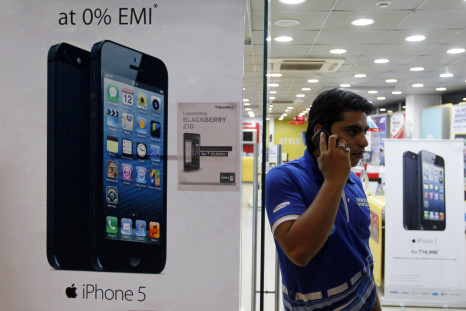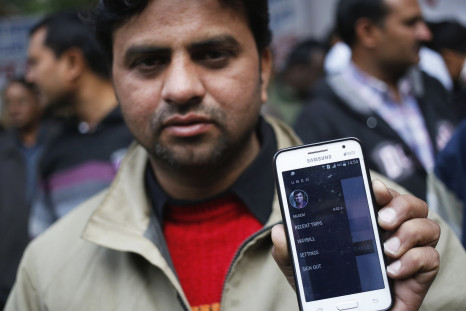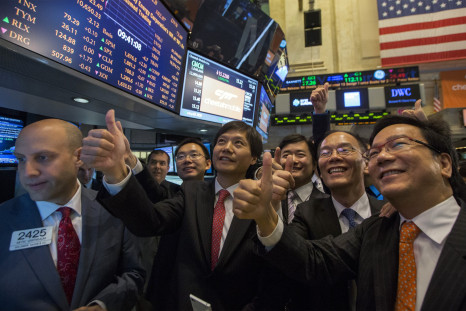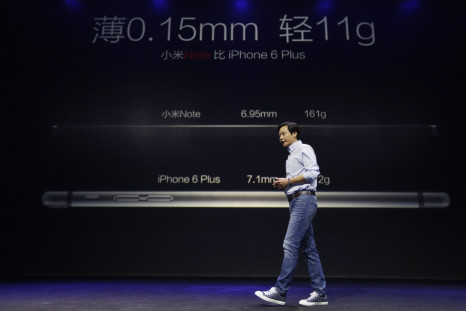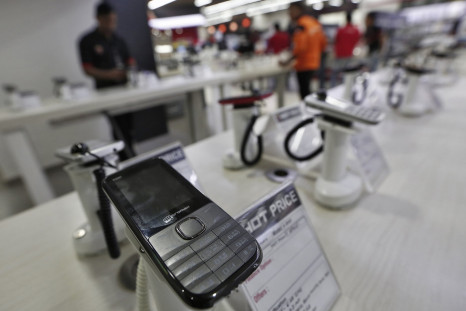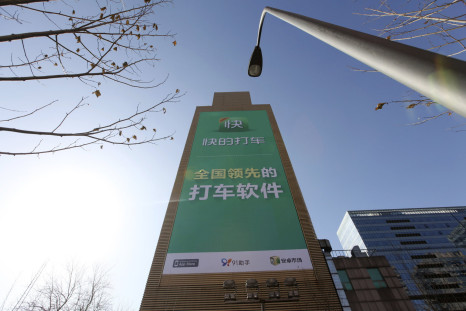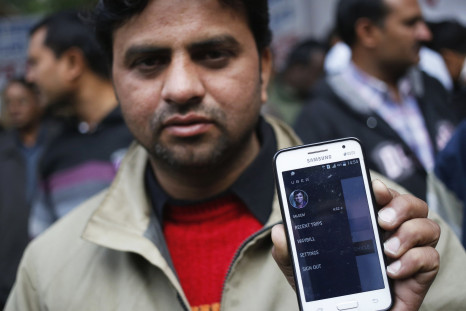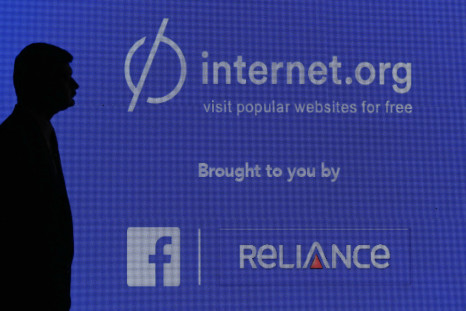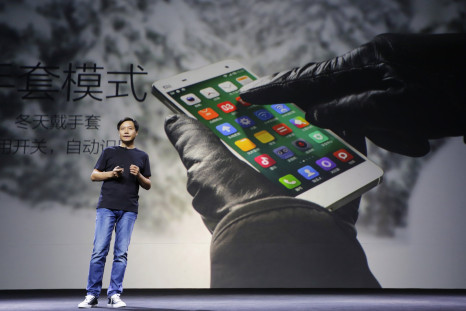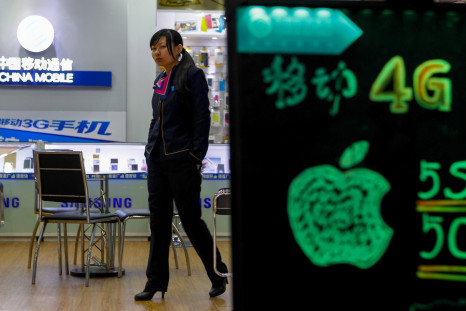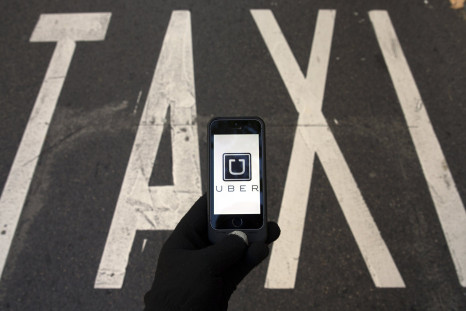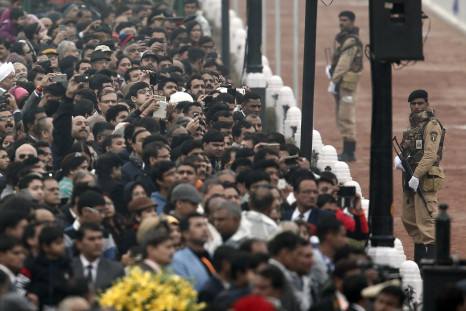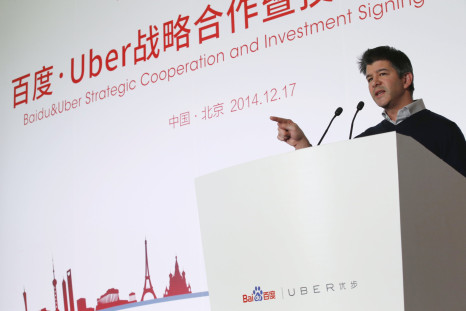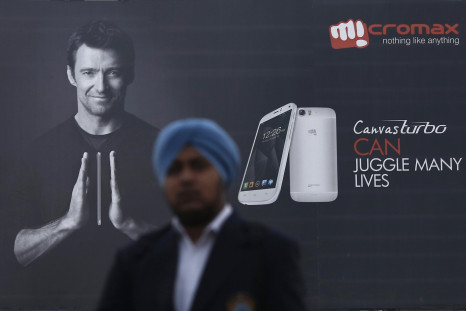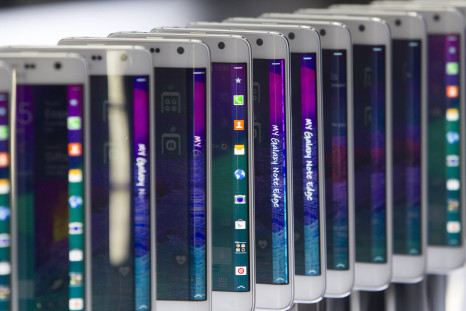But a smaller upper-middle class will mean slower growth there for Apple than it has experienced in China.
Uber partners with another mobile app company to provide safety scores for different localities in New Delhi, India.
Jun Lei, founder of China’s top smartphone company Xiaomi, is investing in local technology startups to expand the ecosystem for his smartphones.
The Chinese tech industry is lavishing itself with excess that echoes the days before the 1990s tech boom went bust. Are they next?
China took online their annual practice of gifting red envelopes with token amounts of money to celebrate the new year.
Xiaomi hopes to ship 100 million smartphones in 2015, up from 61 million in 2014.
Infosys has made its first significant acquisition since it purchased Swiss consultancy Lodestone Holdings, as CEO Sikka pushes turnaround.
Western brands like Apple and Google may struggle to penetrate the subcontinent’s booming smartphone market.
KuaiDi and Didi may join forces ahead of Uber's planned entry into the country's car-service booking app market, according to a published report.
Asian corporations, especially from China, are leading an increasing number of investments into Valley-based mobile technology startups.
Uber is trying out two new safety features, including an SOS button, in India, where smartphone-toting people are trying out ridesharing.
The service will give millions of consumers on the subcontinent free or low-cost access to a range of online services.
India's online shopping sector is set to offer new opportunities to the country's ageing IT services industry.
India's rising profile as the next big smartphone market in the world is beginning to attract much needed investment in manufacturing.
Meizu has been around longer but has so far been overshadowed by better-known rival Xiaomi.
The rise of rideshare companies around the world has drawn attention to the safety of women passengers.
India's mobile technology firms are finding innovative ways to tap into the middle of the pyramid and increasingly drawing overseas investors.
Huawei's growing global business might be powered by software from India where the company just opened its biggest overseas R&D facility.
Police in India’s information technology hub seeks to crackdown on sympathizers of terror outfits among software professionals.
Rideshare app providers are growing rapidly in Asian markets, adding drivers, boosting business for background screening providers.
Samsung's increased investments in manufacturing in India come at time when it lost its top spot in the world's third largest smartphone market.
As one of the world's fastest-growing smartphone markets, Africa is seeing a rise in demand for gray-market smartphones.
India's experiment to bring social benefits to a billion people with a unique ID is moving fast, according to Nandan Nilekani.
Xiaomi's popularity outside China is growing in markets such as India, but the smartphone maker just can't seem to match demand with supply.
As Uber's expansion looms, India's nascent ride-sharing market is already showing signs of consolidation.
India's growing affinity to online shopping is leading e-commerce firms to raise ever more funds to beat the likes of Amazon and Alibaba.
The world's biggest phone maker's efforts to consolidate core businesses are bringing results.
Uber's passengers are looking to make the rideshare startup pay for lax safety measures as technology outpaces regulation.
Xiaomi took another step toward bringing a portfolio of phones to India, its second largest market, by releasing its Mi4 handset there.
Apple aspirants in the largest mobile market by subscribers after China have reason for cheer as the company is stepping up sales incentives in India.
Editor's pick



